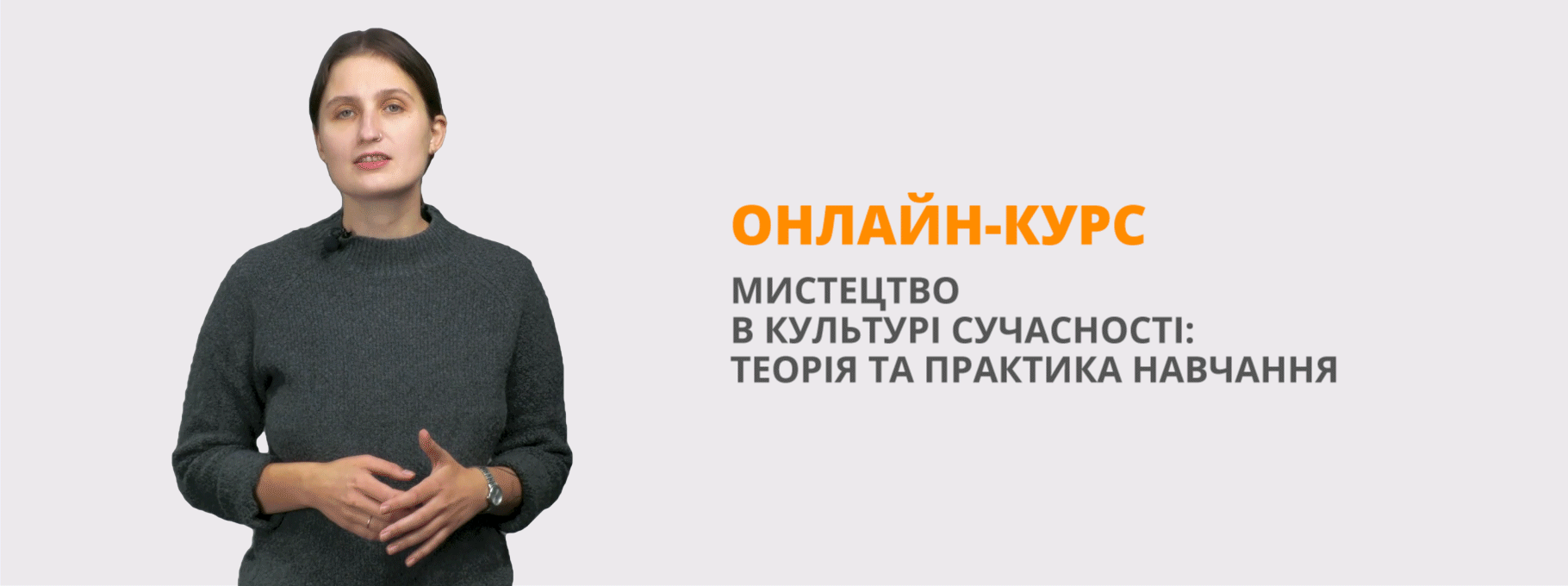Inventors and inventions завдання до відео
Матеріали до уроку "Винахідники та винаходи" Завдання після перегляду відео на Youtube
Inventors and inventions
tapescripts and tasks
https://www.youtube.com/watch?v=hd6tMhYzRAM&ab_channel=FamousPeopleBio
Alfred Nobel (tapescript)
Alfred Nobel was a scientist inventor, businessman and founder of Nobel Prize. He was born in Stockholm, Sweden at October 21,1833. His Father was a Swedish engineer, architect, inventor, and industrialist and he was 3rd of the eight children of his parents.
His father appointed private tutor to educate ALFRED . He espessially loved Chemistry and languages.
He was fluent in English, German, French and Russian. He studied under chemist N. Zimin and went to Paris in 1850. Such was his love for chemistry that he went to the USA as an 18 years old to further his knowledge on the subject. He loved literature from a young age and used to write poetry. His parents were opposed to his literary pursuits so he never got his work published.
He started working in his fathers factory after completing his studies. Alfred wa s deeply interested In studing explosives experimented with nitroglycerin.
A tragic accident at the shed used for preparing nitroglycerin in which 5 people including his younger brother were killed.
Nobel became more focused on developing explosives that were safer than nitroglycerin. Later he found than nitroglycerin was combined with absorbent inert substance, it became more convenient to handle and safer to use.
This new substance , dynamite, was patented in 1867 and adopted in wide usage in mining internationally.
It was the first safely manageable explosive that was stronger than black powder. Continuing his fascinating with nitroglycerin he mixed it with nitrocellulose compounds and developed a transparent jelly-like substance which was more powerful than dynamite. It was called gelignite and patented in 1876.Gelignite was more stable and better for purpose of mining.
He formulated a smokeless propellant made from nitrocellulose and nitroglycerin. This mixture was called ballistite fnd was patented next year. (1877)
He fell in love with a Russian girl called Alexandra, who rejected his proposal. Later he developed feelings for secretary Bertha Kinsky and tthey had a close friendship until his death.
He me t Sofie Hess in 1876 and developed a relationship with her that lasted for 18 years. He never married or had children.
His brother Ludvig died in Cannas in 1888. A French newspaper wrongly wrote the obituary of Alfred Nobel stating that the ‘merchant of death is dead”.
Alfred was highly upset to realize that was how he would be remembered after his death. He wanted to do something to redeem his reputation and left his major portion of his massive wealth for the creation of an international prize fund for honoring eminent personalities in the fields of physics, chemistry, medicine, literature, for work in peace.
His last will , signed on 27th November 1895, laid the foundation for the prize. The first Nobel prizes were awarded in 1901.
Alfred held a total of 355 different patterns. He has an element in periodical table named after him called nobelium. He died of an interacerebral hemorrhage at Sanremo, Italy on December 10, 1896 at the age of 63.
Task 1 True/ false
1.A/Nobel was a scientist, a businessman and a founder of a Nobel prize
2. He was born in Norway
3. Nobel loved physics and mathematics at school.
4. He studied in France and in the USA
5.He loved literature and used to write poetry
6. Alfred was married and had 2 children
7. He focused on explosives studing nytroglizerin.
8. Nobel was called « the merchant of death».
9. The first Nobel prize was awarded in 1920.
10. Alfred held a total of 355 different patterns.
Task 2 Answer the questions
- When was Nobel born?
- What was his favourite subject at school?
- What was the scientist interested in?
- How many languages did he speak?
- What can you tell about tragic accident?
- When was dynamite patented?
- How many women did he fell in love?
- Was he married?
- How did French newspaper call Alfred one day?
- What was the scientist’s last will?


про публікацію авторської розробки
Додати розробку
